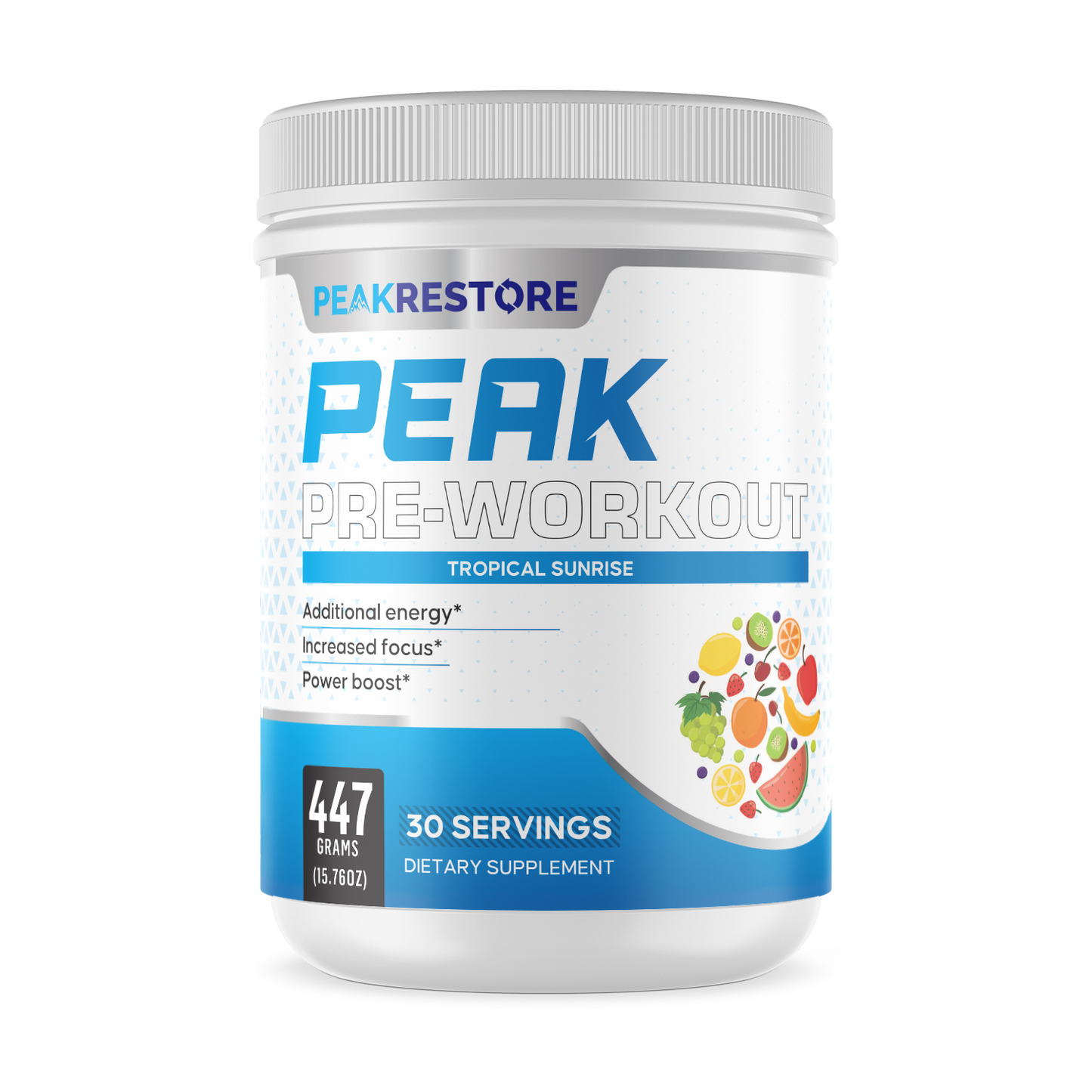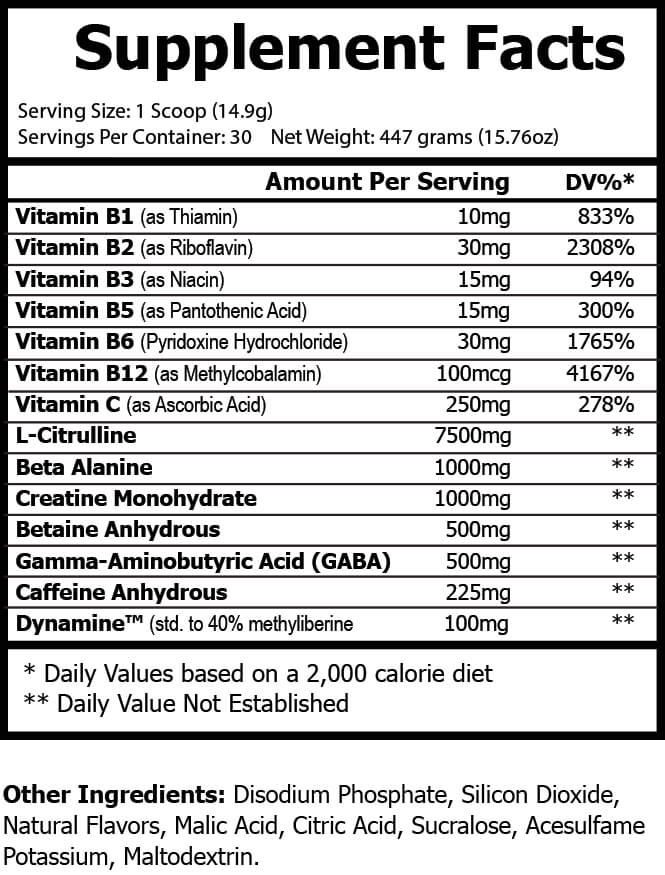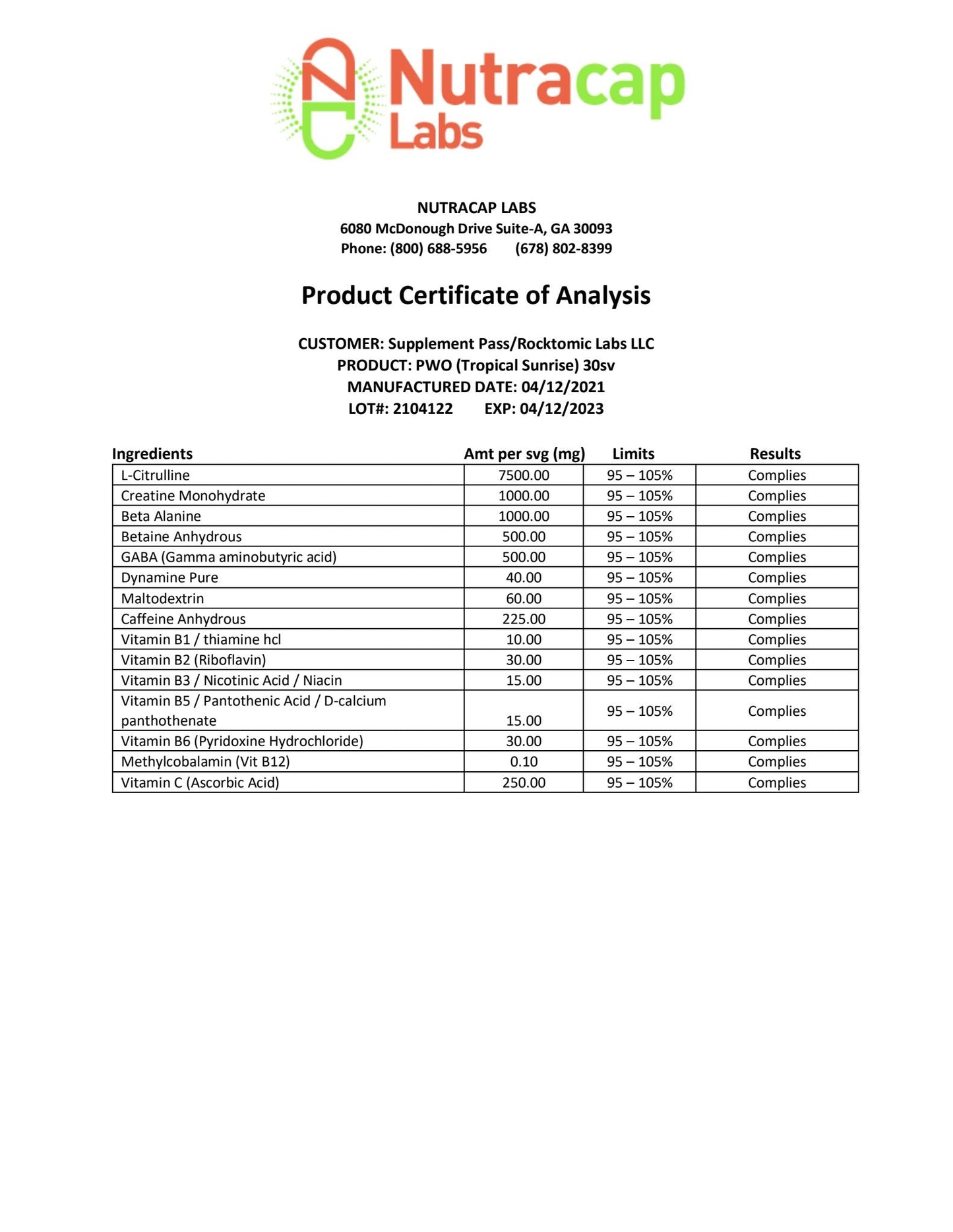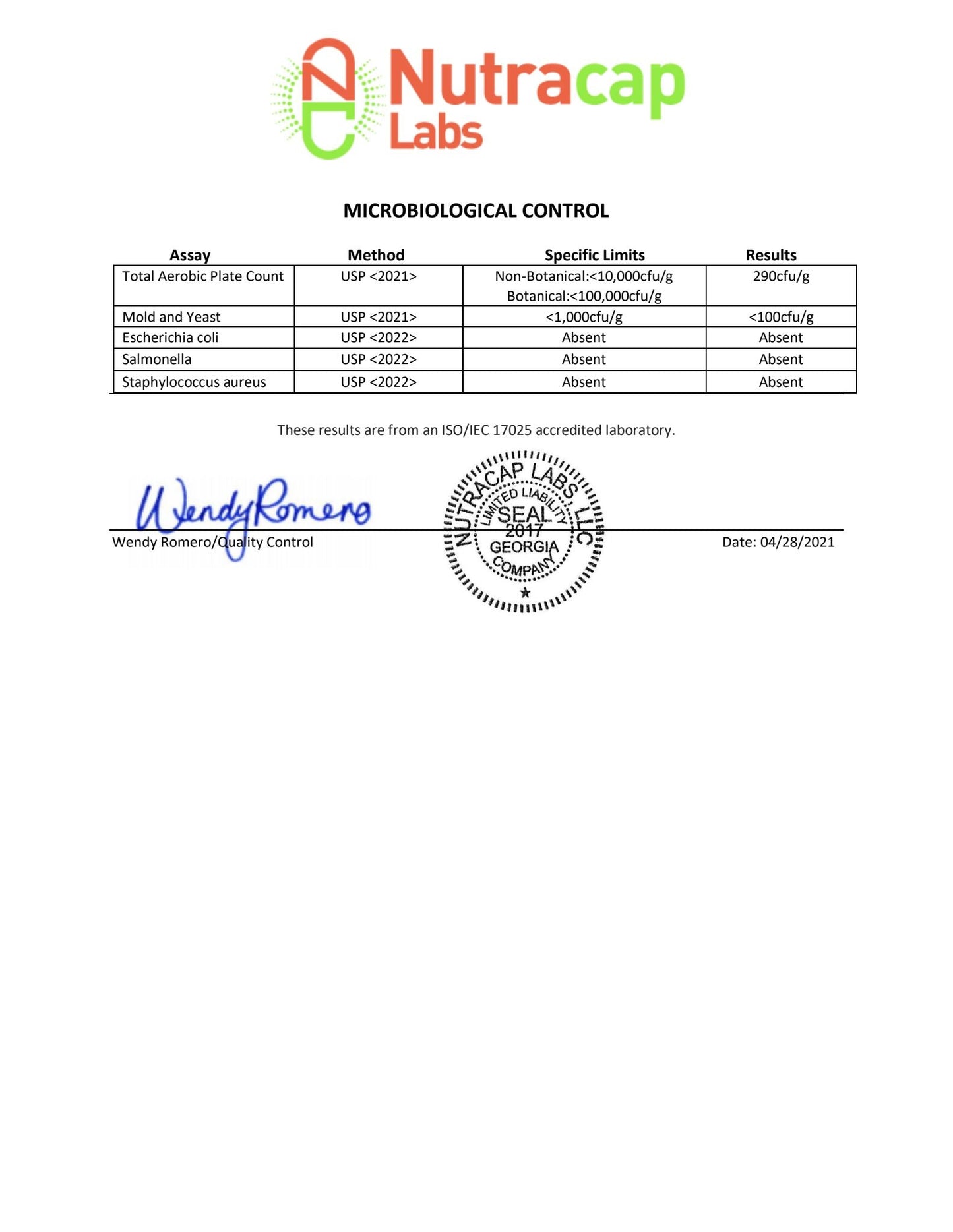



PeakRestore Wellness
Started by healthcare professionals who simply want you to live your healthiest life! We want to get you restored to your peak wellness!
Sleep Well
Think Well
Recover Well
Sleep Well
Think Well
Recover Well
Sleep Well
Think Well
Recover Well
Sleep Well
Think Well
Recover Well
Sleep Well
Think Well
Recover Well
Sleep Well
Think Well
Recover Well
Sleep Well
Think Well
Recover Well
Sleep Well
Think Well
Recover Well
Sleep Well
Think Well
Recover Well
Sleep Well
Think Well
Recover Well
Sleep Well
Think Well
Recover Well
Sleep Well
Think Well
Recover Well
PeakRestore Wellness Only Uses The Best
Unlike many supplements you will find on Amazon, TikTok, or even at Walmart, we only source our supplements from USA suppliers who have been certified for quality production standards.
| Moserti | Others | |
|---|---|---|
Made in 🇺🇸 |
||
3rd Party Tested |
||
Recommended by practitioners |




